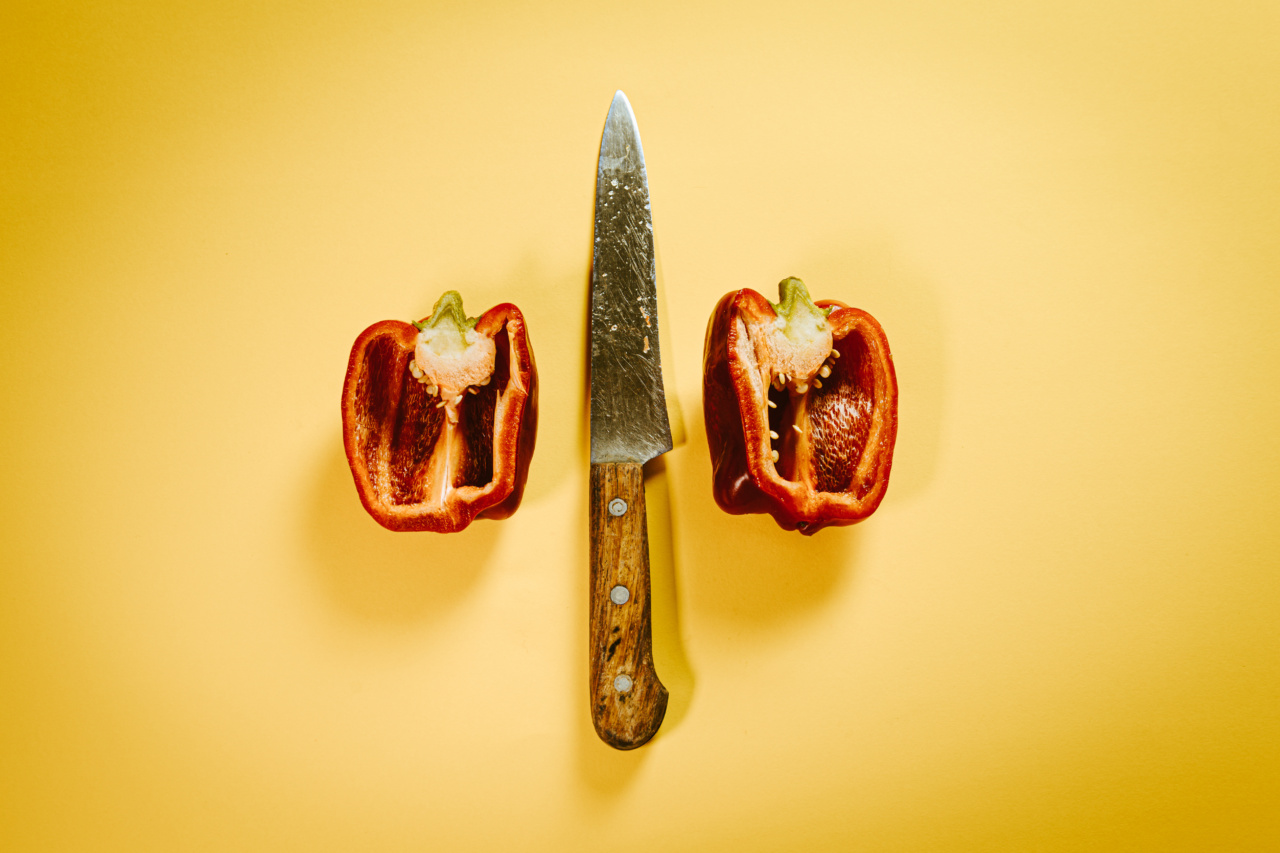Nocturia refers to the condition in which individuals wake up during the night frequently to urinate. This interruption in sleep can have a significant impact on one’s quality of life, leading to daytime fatigue and decreased productivity.
While nocturia is commonly associated with bladder or prostate issues, emerging research suggests that it may also be linked to various other health conditions.
1. Diabetes
Studies have found a strong association between nocturia and diabetes. The increased frequency of urination at night may be indicative of uncontrolled blood sugar levels, which is a key characteristic of diabetes.
High blood sugar levels cause the kidneys to produce more urine, leading to nocturia. Conversely, nocturia can also contribute to the development of diabetes by disturbing sleep patterns and increasing insulin resistance.
2. Heart Disease
Nocturia has been identified as a potential marker for underlying heart disease. The condition is often caused by fluid buildup in the body, which can be a sign of heart failure.
Heart disease can lead to reduced cardiac output, causing fluid to accumulate in the extremities and then redistribute to the kidneys, resulting in increased urination at night. Monitoring nocturia can provide valuable insights into the progression of heart disease and guide appropriate interventions.
3. Sleep Apnea
Nocturia is frequently observed in individuals with sleep apnea, a sleep disorder characterized by breathing interruptions during sleep. Sleep apnea can cause nocturia through several mechanisms.
First, the frequent awakenings disrupt sleep, leading to a higher chance of needing to urinate. Second, sleep apnea can increase fluid accumulation in the body, triggering excessive urination at night. Treating sleep apnea not only improves sleep quality but may also alleviate nocturia symptoms.
4. Chronic Kidney Disease
Nocturia is particularly common in individuals with chronic kidney disease (CKD). As kidney function declines, the body’s ability to concentrate urine decreases, leading to a greater amount of urine production at night.
Nocturia can also be an early sign of CKD, as impaired kidney function may result in reduced urine output during the day and compensatory increased urine output during sleep. Managing nocturia in CKD patients is crucial to maintain hydration and prevent electrolyte imbalances.
5. Benign Prostatic Hyperplasia (BPH)
Nocturia is a common symptom of benign prostatic hyperplasia, a non-cancerous enlargement of the prostate gland. The enlarged prostate can compress the urethra, affecting urine flow and leading to incomplete bladder emptying.
This results in increased urinary frequency, particularly during the night. Treating BPH can alleviate nocturia symptoms and improve overall urinary function.
6. Urinary Tract Infections (UTIs)
Nocturia can be a sign of urinary tract infections, especially in women. UTIs cause irritation and inflammation in the urinary tract, resulting in increased urgency and frequency of urination.
While increased urinary frequency during the day is common, it may also persist at night, disturbing sleep patterns. Prompt diagnosis and treatment of UTIs are essential to alleviate nocturia and prevent further complications.
7. Anxiety and Depression
Mental health conditions such as anxiety and depression can be associated with nocturia. Sleep disturbances are common in individuals with anxiety and depression, and increased wakefulness during the night can lead to nocturia.
On the other hand, the constant interruption of sleep due to nocturia can cause or worsen symptoms of anxiety and depression. Managing both the mental health condition and addressing the underlying causes of nocturia can help improve overall well-being.
8. Diuretic Medications
While not necessarily a health condition, the use of diuretic medications can significantly contribute to nocturia.
Diuretics are commonly prescribed for conditions such as high blood pressure or edema, as they increase urine production and help eliminate excess fluid. However, taking diuretics close to bedtime can lead to nocturia by enhancing urine production during the night. Adjusting the timing or dosage of diuretic medications may help reduce nocturia episodes.
9. Overactive Bladder (OAB)
Nocturia is a prevalent symptom of overactive bladder. OAB is a common condition characterized by a sudden and uncontrollable urge to urinate, often accompanied by increased urinary frequency.
Nocturia in individuals with OAB may result from the bladder’s inability to store urine properly, leading to more frequent trips to the bathroom during the night. Treatment options for OAB, such as lifestyle changes and medication, can help manage nocturia symptoms.
10. Prostate Cancer
Nocturia can also be associated with prostate cancer. It is a common symptom in advanced prostate cancer cases when the tumor presses against the urethra, obstructing urine flow. This can lead to incomplete bladder emptying and nocturia.
Early detection and appropriate treatment of prostate cancer are crucial to manage symptoms like nocturia and improve overall prognosis.

























